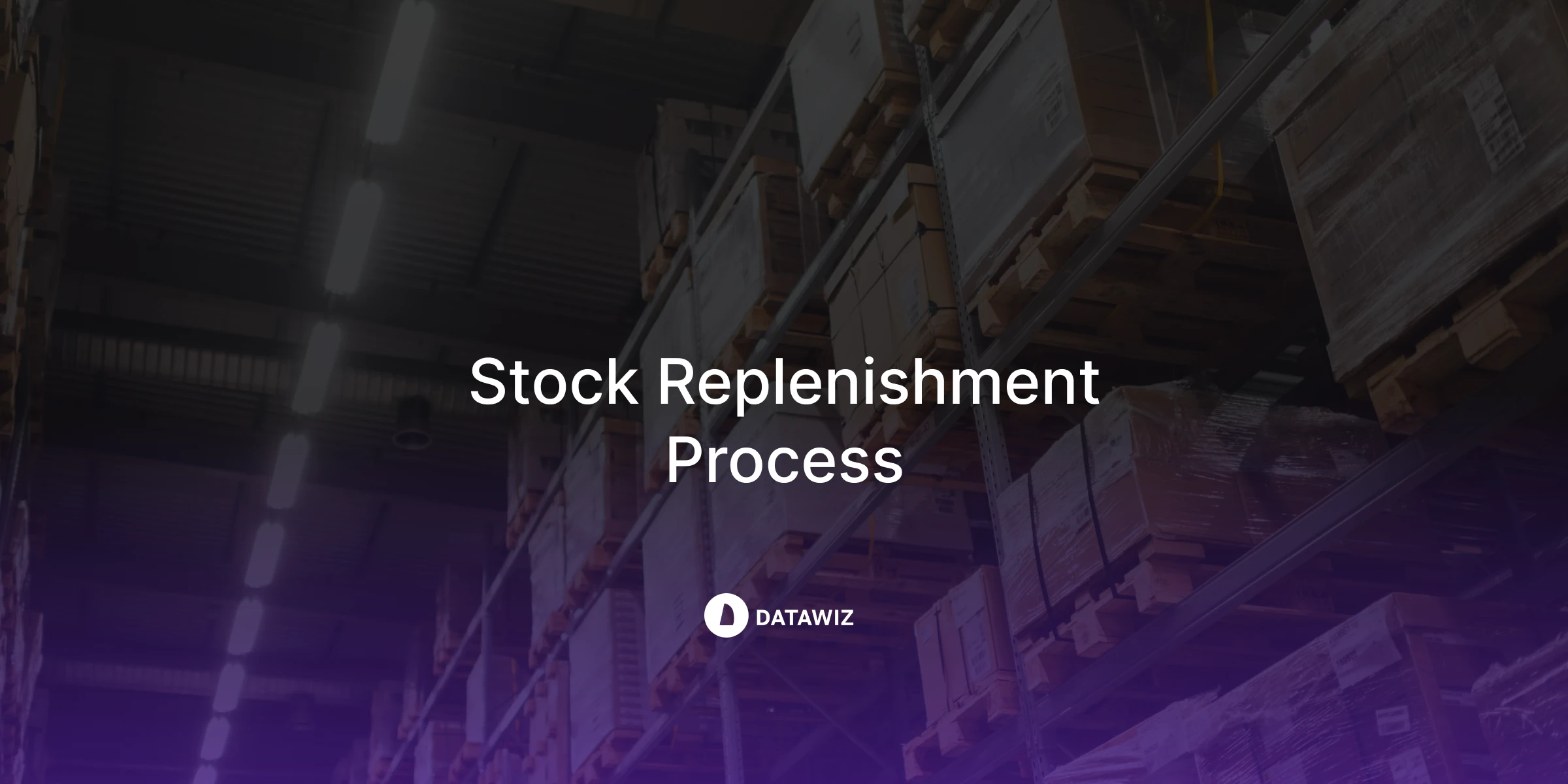Artificial intelligence (AI) in retail is no longer just a promising concept — it has become one of the most powerful drivers of transformation in the global retail industry. From personalized product recommendations to advanced supply chain optimization, AI-powered retail technologies are helping businesses respond to rapidly changing consumer expectations while maximizing operational efficiency.
What Is AI in Retail?
Artificial Intelligence in retail refers to the use of machine learning, natural language processing, and other advanced technologies to process massive amounts of retail data and turn it into actionable insights. Unlike traditional analytics, AI-powered systems don’t just report what happened — they explain why it happened, forecast what’s next, and suggest the best actions.
Key components of AI technologies for retail include:
- Data-Driven Insights – AI processes transactional, behavioral, and inventory data to uncover hidden trends.
- Predictive Analytics – Forecasting demand, pricing shifts, and future customer behavior with high accuracy.
- Personalization Engines – Tailoring offers and recommendations to individual shoppers.
- Automation of Operations – Reducing manual work in supply chains, merchandising, and customer service.
- Generative AI (Gen AI) – Creating product descriptions, marketing texts, or personalized messages based on customer profiles.
In short, AI-powered retail technologies serve as both the brain and nervous system of modern retail chains, allowing businesses to adapt to changing market dynamics in real time.
Core Benefits of AI in Retail Industry
Before we dive into detailed applications, it’s worth looking at the broader advantages of adopting AI-powered systems in retail:
- Smarter decision-making – AI analytics enhances strategic planning by revealing patterns invisible to humans.
- Customer-centric experiences – From personalized offers to dynamic outreach, retailers use AI to strengthen loyalty.
- Operational efficiency – Automated workflows reduce errors and accelerate everyday processes.
- Revenue growth – Dynamic pricing, targeted marketing, and optimized product assortments boost profitability.
- Sustainability – Accurate demand forecasting minimizes waste and helps retailers align with eco-conscious shoppers.
These benefits make Artificial Intelligence one of the most important investments in modern retail strategy.
15 Practical AI Use Cases in Retail
To understand the real impact, let’s explore the most important Examples of AI in Retail that are already redefining the industry.
1. Inventory Management
AI systems predict demand using historical purchase data, weather trends, and supply chain analytics. Retailers use AI-powered robots and smart shelves to track inventory levels, reduce shrinkage, and prevent stockouts. By automating replenishment, retailers ensure the right products are always available — improving customer satisfaction and reducing carrying costs.
2. Demand Forecasting
Artificial intelligence in retail enables highly accurate demand forecasting by analyzing market trends, seasonality, local events, and even macroeconomic indicators. Retailers use AI to align stock levels with real-time demand, minimizing waste and avoiding costly overstocks. AI-powered systems outperform traditional models by continuously learning from new data, making forecasting more dynamic and reliable.
3. Assortment Planning
Choosing the right product mix is critical for profit. AI tools analyze purchase history, market demand, and cross-purchase behavior to optimize category management.Retailers can useAI to identify gaps in product lines, adjust assortments for regional preferences, and maximize upselling opportunities. This ensures every store location offers the most profitable and relevant assortment for its audience.
4. Supply Chain Optimization
AI-powered systems improve the efficiency of global and local supply chains by evaluating complex logistics data. Retailers use AI to determine optimal delivery routes, reduce transportation costs, and anticipate disruptions such as weather or geopolitical events. By simulating different scenarios, AI technologies for retail make supply chains more resilient and cost-efficient.
5. Price Optimization
Dynamic pricing is one of the most valuable AI use cases in retail. Algorithms monitor competitor prices, customer demand, and seasonality to recommend optimal prices. For example, retailers can lower prices to increase volume during slow seasons or increase them when demand is high. AI-driven price optimization boosts margins while keeping customers loyal.
6. Merchandising
With AI-powered computer vision, retailers can monitor how customers move inside stores. Heat maps and shelf analytics reveal which layouts maximize engagement and encourage impulse purchases. By analyzing shopper behavior, AI systems suggest store layouts, shelf placements, and promotional zones that improve sales per square meter.
7. Shopping and Checkout
AI in shopping has transformed the in-store journey with cashier-free checkouts, mobile promotions, and smart carts. Retailers use AI-powered sensors and vision technology to identify items automatically, eliminating the need for manual scanning. This not only shortens checkout times but also improves the customer experience with frictionless shopping.
8. Chatbots and Conversational AI
AI-powered systems support customer service across multiple channels. Chatbots detect customer intent, respond in natural language, and handle routine requests such as order status, product availability, or returns. Retailers use AI to provide 24/7 support, reduce call center workload, and deliver consistent, scalable service.
9. Visual Search and Curation
AI in the retail industry enables customers to upload photos and instantly find similar products online. This accelerates discovery and drives e-commerce conversion rates. For fashion and home décor retailers, visual search provides curated product suggestions aligned with shopper preferences, making browsing more intuitive.
10. Guided Discovery and Product Recommendations
AI-powered search engines anticipate customer needs in real time. By analyzing browsing behavior and purchase history, retailers use AI to recommend complementary items, improving cross-selling and upselling. These systems create an experience where the customer feels guided — not sold to.
11. Customer Insights and Engagement
AI-powered retail technologies combine transactional data with external signals like social media, demographics, and economic indicators. This holistic view enables segmentation and customer journey mapping.Retailers can useAI to understand lifetime value, predict churn, and design engagement strategies that strengthen loyalty.
12. Emotional Response and Sentiment Analysis
AI systems analyze facial expressions, voice tones, and customer feedback to detect sentiment in real time. Retailers can adjust service levels or marketing messages accordingly. For example, a call center AI system can recognize customer frustration and escalate the issue to a human agent. This proactive approach builds stronger trust and satisfaction.
13. Marketing Optimization
Retailers use AI to automate A/B testing, run predictive analytics, and optimize ad spend across channels. AI-powered systems can determine which creative assets work best for different customer groups, ensuring maximum ROI. Generative AI also creates dynamic content at scale, reducing manual effort while improving personalization.
14. Operational Efficiency
AI tools streamline internal processes across retail chains — from demand planning to staff scheduling. By automating repetitive tasks, retailers reduce errors and free up employees for higher-value work. AI-powered systems improve speed and accuracy, enabling innovation in areas like product development and customer segmentation.
15. Loss Prevention
AI-powered computer vision detects theft in real time by monitoring unusual behavior on security cameras. At the same time, financial AI systems analyze transactions to flag fraud patterns. Retailers use AI to reduce shrinkage, protect profit margins, and strengthen compliance without increasing human workload.
Challenges in Implementing AI-Powered Systems
Despite the advantages, adopting AI tools is not without challenges. Retailers must consider:
- Data quality and integration – fragmented data limits AI accuracy.
- Technology adoption – training staff and aligning IT infrastructure are critical steps.
- Ethics and trust – customers must feel comfortable with AI-powered personalization.
- Scalability – AI systems must adapt as the business expands.
Forward-thinking retailers overcome these barriers by investing in strong retail analytics software that ensures clean, integrated data flows across departments. One example isDatawiz, a platform designed to help retail chains transform their data into insights that power better AI-driven decision-making.
Why Every Retail Team Needs an AI Assistant for Analytics
Stay Ahead in a Fast-Moving Market
Retail sales data shifts daily — shaped by customer behavior, promotions, seasonal peaks, and supply chain dynamics. An AI assistant keeps your team in control by tracking these changes in real time, explaining why they happened, and predicting what comes next. Instead of digging through endless reports, you get instant, clear answers that drive smarter decisions.
Smarter Inventory Optimization
Stockouts and overstocks cut into both sales and margins. With an AI assistant, your team can forecast demand with greater precision, identify risks early, and adjust strategies before issues escalate. Whether it’s a supplier delay or a promo-driven spike, AI ensures inventory stays balanced — protecting profitability and customer satisfaction.
Unlock Customer-Centric Insights
Loyalty programs, purchase receipts, and RFM analysis reveal patterns that often stay hidden in raw data. An AI assistant turns these signals into clear insights — highlighting your most profitable customer segments, detecting churn risks, and uncovering cross-category buying behavior. The outcome is actionable strategies that truly grow customer lifetime value.
Supplier Performance Made Clear
Suppliers don’t all perform equally. AI allows instant comparisons of turnover rates, delivery accuracy, and margin impact, giving your team a fact-based view of which partnerships add value — and which create risks. No more manual spreadsheets or subjective assumptions.
What Makes Wizora Different
Here’s whereWizorastands out: unlike generic AI tools, it is purpose-built for retail and fully integrated into the Datawiz analytics platform. That means every forecast, explanation, or recommendation is grounded in your actual store data, not generic benchmarks.
Key capabilities include:
- Predictive analytics – spot demand shifts before they occur
- Descriptive insights – understand thewhybehind every change in sales, stock, or promo results
- AI-driven recommendations – get practical, next-step actions your team can apply immediately
- Dashboard generation (coming soon) – transform insights into clear visuals within seconds
Anyone in your retail chain — from a category manager to a marketing lead — can interact with Wizora in natural language. Ask a question, get an accurate, data-backed answer instantly. No technical skills needed.
The Future of Artificial Intelligence (AI) in Retail
Looking ahead, AI technologies for retail will become even more embedded across the customer journey. We can expect:
- Hyper-personalization that feels natural and seamless
- AI-powered systems supporting autonomous store operations
- Real-time pricing models adjusting to market dynamics
- Broader adoption of Gen AI for creative retail content
- Advanced sustainability analytics reducing environmental impact
Retailers that invest now will not only future-proof their operations but also lead the industry transformation.
The retail landscape is evolving rapidly, and Artificial Intelligence (AI) in retail has become the driving force behind this transformation. From AI use cases in retail like inventory management and guided discovery to the adoption of AI-powered systems for personalization and fraud prevention, the opportunities are vast.
Retailers that strategically adopt AI technologies for retail will gain unmatched competitive advantage, achieving efficiency, agility, and stronger customer relationships. With innovations such as generative AI (Gen AI) and advanced analytics platforms like Datawiz, the future of shopping will be smarter, more connected, and more customer-centric than ever before.
 What's new?
What's new?





 No credit card required
No credit card required